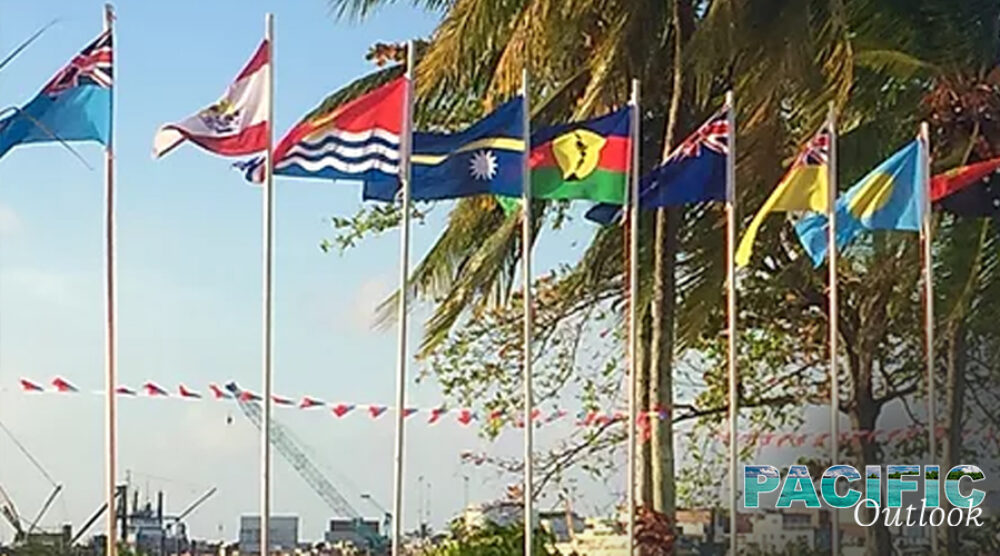Earlier this year the newly formed Development Studies Association of Australia (DSAA) held its inaugural conference. To date Australia has not had a natural home for development studies scholars.
The annual Australasian Aid Conference (AAC) accommodates dialogue between academics, policy makers and practitioners, while ACFID’s biennial Research for Development Impact gathering focuses on the utility of research to practice. Both conferences incorporate academics but are not specifically focused on development studies scholarship. DSAA offers the possibility of filling this gap, particularly for the growing number of academics in the space who identify as working in the space of critical development studies.
Given Australia’s interests in development in Oceania, in terms of policy, practice and research, there was a surprisingly small number of papers related to the region. Presumably this is explained by the strong track record of the Australian National University and, in particular, the Development Policy Centre (hosts of AAC) making the AAC a more attractive proposition.
Nonetheless, I was fortunate enough to chair a panel of exciting papers from young scholars from Australia and New Zealand that displayed how the application of the critical lens is useful in examining emerging developmental issues in the region.
Sivendra Michael, PhD candidate at the University of Auckland, presented on how micro and small businesses in Fiji respond to disasters. Based on research conducted in Ba Province, Sivendra demonstrated that the vulnerability of such enterprises is overestimated. Sivendra showed how these business owners utilise their social capital to be flexible in their adaptation to changing economic and environment conditions, creating a coping culture among the small business community.
Bridget Payne from the Victoria University of Wellington shared the findings from her recently completed Master’s thesis investigating the social and economic benefits of a carbon farming initiative based on Espiritu Santo, Vanuatu. The Loru project is managed by indigenous landowners. The first of its kind in Oceania, it attempts to strengthen local forest governance and improve economic opportunities in a changing global economic landscape related to carbon storage. Bridget’s findings that improved community governance capacity and strengthened customary land tenure are both a cause and consequence of increased social capital have significant research and policy implications for similar communities in the region.
Liam Moore, PhD candidate at the University of Wollongong, discussed his research into viewing potential relocation of communities due to climate change from a human rights perspective. Liam argued that protection of vulnerable communities should be proactive and pre-emptive. Embedding the rights of people to remain in their communities has the potential to reshape common conceptions of risks related to climate-induced migration, emphasising risk reduction and community capacity building and resilience as priorities, with planned relocations as a final resort.
As well as these papers, I presented on recently published findings on how young people in Fiji and Solomon Islands are defying cultural barriers to their exclusion from developmental decision-making processes. My research with youth activists and advocates demonstrates the potential young people have to be leaders of their communities, given the chance. And if not given the chance, how industrious youth will create their own opportunities. You can read about it in more detail here.
The papers presented at DSAA highlighted two things. Firstly, the engagement of development studies scholars on policy and practical issues in Oceania holds the potential to provide insights into wider social, economic and environmental impacts that may not be captured in development project evaluations with narrow terms of reference and short time frames for data collection. Secondly, the work of emerging scholars in the Pacific development space is highlighting the pre-eminence of local peoples to exercise agency over their own developmental futures.
Aidan Craney is a Lecturer in the Department of Social Inquiry at La Trobe University and development consultant. He tweets from @AidanSeamus








